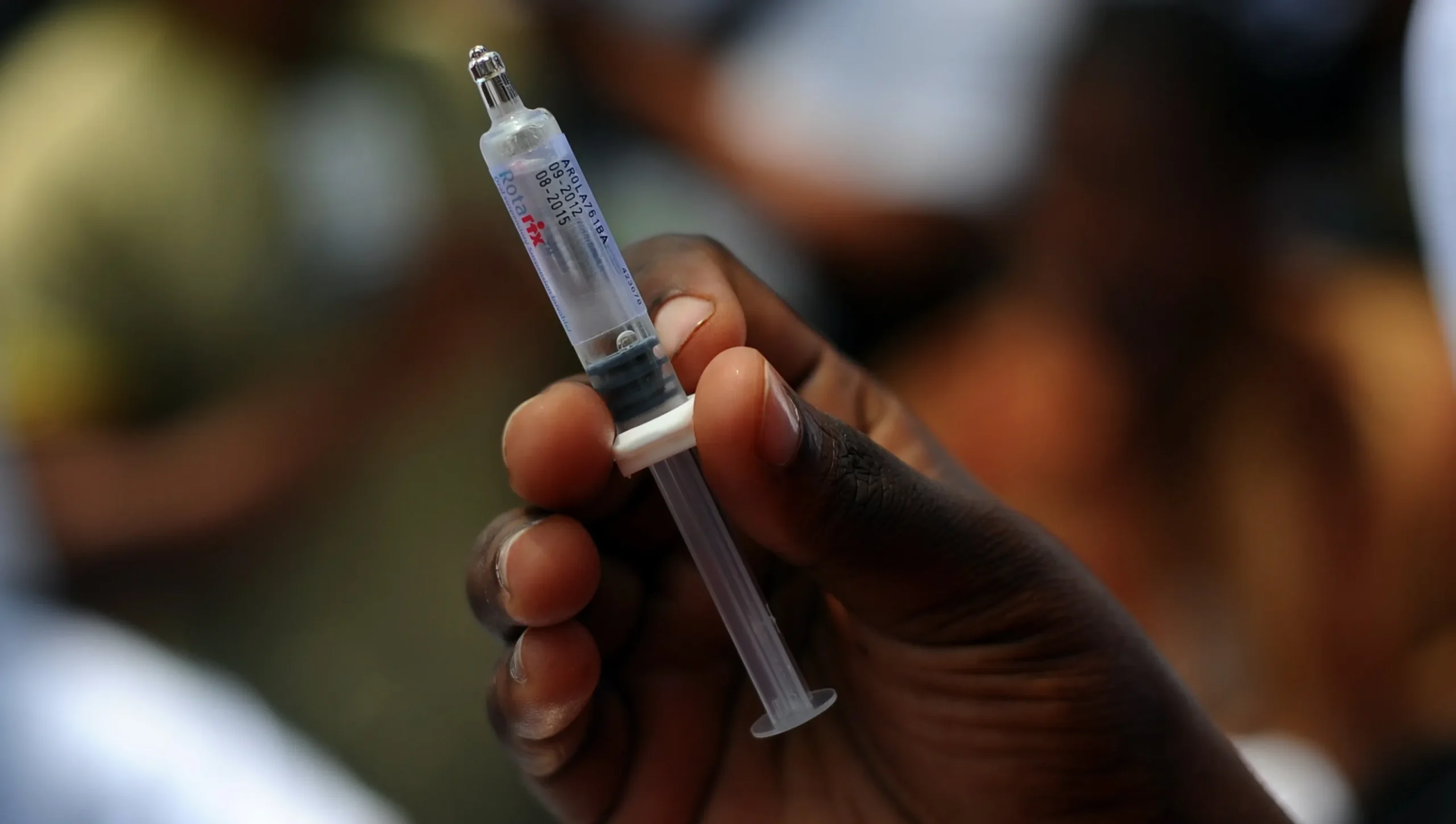
“Shingles Vaccine Linked to Reduced Heart Disease Risk, Study Finds”
A recent study reveals that the shingles vaccine may offer more benefits than previously thought, extending its protective effects beyond preventing shingles and reducing the risk of heart disease.
The study, which followed over 1.2 million adults aged 50 and older in South Korea for up to 12 years, analyzed the relationship between shingles vaccination and various cardiovascular diseases, including stroke, heart failure, and coronary artery disease. The results showed that those who received the vaccine had a 23% lower risk of developing heart issues.
The heart health benefits were especially notable among individuals under 60 years old, likely due to a more robust immune response. Additionally, men and individuals with unhealthy behaviors, such as sedentary lifestyles, alcohol consumption, and smoking, saw more pronounced benefits.
Professor Dong Keon Yon, the study’s lead author from Kyung Hee University in Seoul, explained that shingles infection can lead to inflammation, blood vessel damage, and clot formation, which may contribute to heart disease. By preventing shingles, the vaccine could help reduce these risks.
However, Dr. Jasdeep Dalawari, an interventional cardiologist, cautioned that the study primarily used a live version of the vaccine, while the U.S. utilizes Shingrix, a more effective non-live version of the vaccine. He also emphasized that the study shows a correlation, not causation, and called for more research, particularly with diverse populations, to validate the findings.
This study opens up exciting possibilities for the shingles vaccine to have broader health benefits, especially in those at risk for heart disease. However, further research is needed to confirm these results and explore the vaccine’s potential in preventing cardiovascular issues across different populations.

